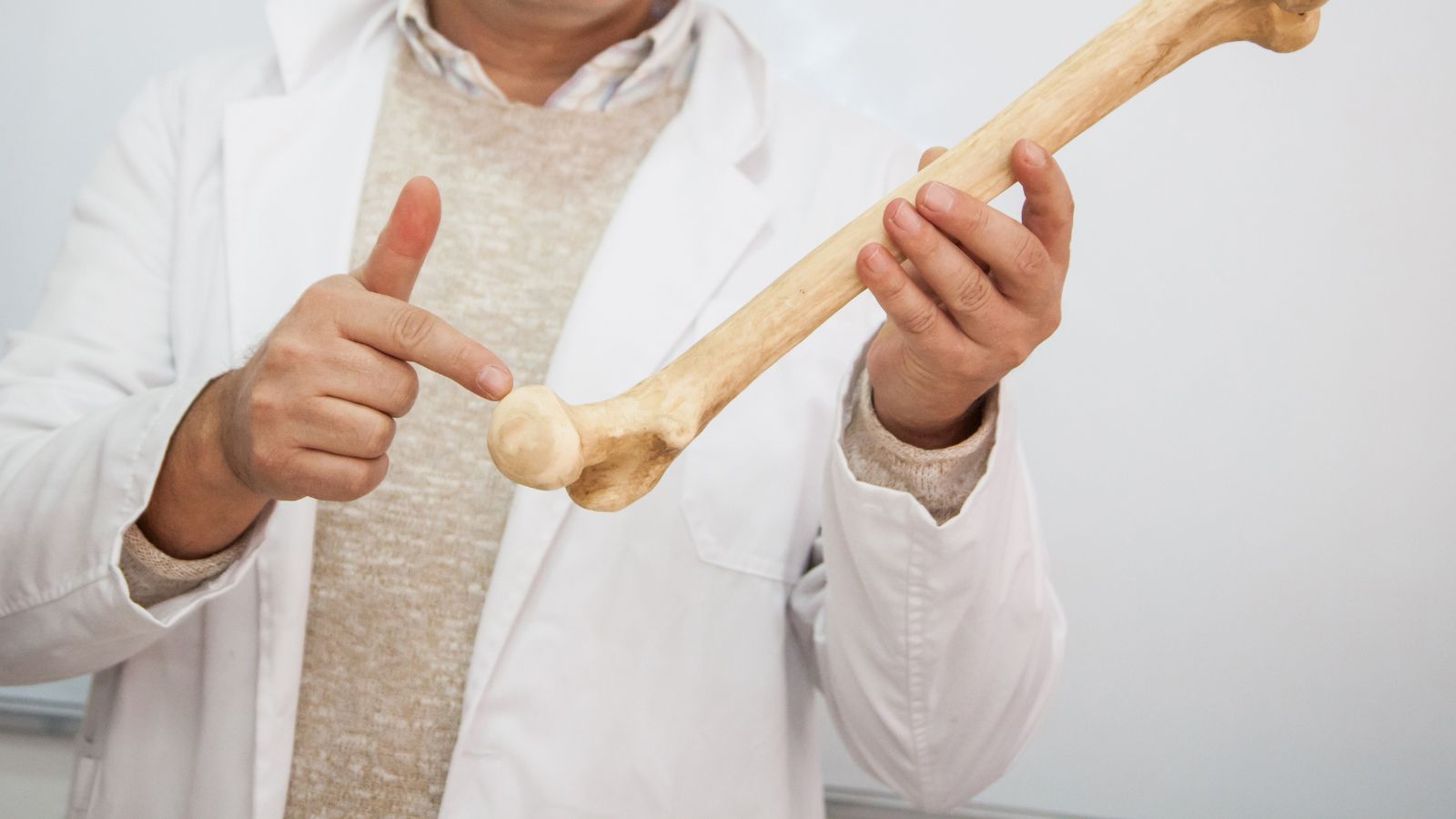Hormones affect bone density, and one of those hormones is testosterone. If you are experiencing the effects of low testosterone levels, you may be a candidate for testosterone replacement therapy, or TRT. However, there are other reasons that your bones may be weakening, so we will explore those below:
Why Is Bone Density Important?
When bones are healthy, they are dense with minerals, and they are full of small holes that are meant to keep them “light and springy.” So, they are not solid. After bones begin to lose this mineral density, the holes grow larger, and the outer walls of the bones become thin. These two features lead to an increase in the risk of breakage, which is why bone density is important.
What Can Affect Bone Density?
Bad Habits
The use of tobacco, particularly smoking and vaping, is a bad habit that affects bone health. These activities are responsible for causing bones to weaken and the development of osteoporosis. Osteoporosis is a bone disease in which the bones lose mass and density and become fragile.
Another bad habit is drinking alcohol. If you are a man, drinking more than two alcoholic beverages per day increases your risk of osteoporosis. If you are a woman, more than one alcoholic beverage a day increases your risk.
Sedentary Lifestyle
If your bones have already started to lose density, you can build it up again by doing weight-bearing exercises. This strengthens bones and slows down the rate at which you lose mass and density. Lifting weights is a good option, but you can also play pickleball or tennis, climb stairs, dance, walk, or jog.
Aging
As we age, our bones become thin and weak. For women, this occurs after menopause when the bones begin to lose calcium and other minerals. Although menopause is associated with osteoporosis, men also have an increased risk of the disease. Men 65 years and above are particularly at risk.
Certain Medical Conditions
Several medical conditions can lead to osteoporosis and lower bone density, including the following:
- Multiple myeloma
- Chronic liver disease
- Eating disorders
- Chronic kidney disease
- Gastrointestinal disorders
- Hormonal disorders

Some Medications
Some medications cause bone loss, including the following:
- Medications that treat benign prostatic hyperplasia
- Diuretics
- Medicines that lower blood pressure
- Medicines that prevent seizures and alter a person’s mood
- Excess thyroid replacement therapy
- Depo-Provera
- Medications to treat heartburn
- Medications to treat prostate cancer
- Medications to treat breast cancer
- Synthetic glucocorticoids
Low Levels of Vitamins and Minerals
Calcium
Calcium is important for keeping bones healthy. If you are 50 or below, you are recommended to consume 1,000 milligrams daily. If you are above age 50, the recommendation is for 1,200 milligrams each day.
Vitamin D
Vitamin D is also essential because it assists the bones in absorbing calcium. For those aged 50 and below, strive for 400 to 800 international units each day. If you are above age 50, you need 800 to 1,000 international units every day.
Hormonal Changes
After menopause, women’s estrogen levels decrease, and this causes their bones to break down at a faster rate than the body can rebuild them. This is why bone density goes down at this time.
In men, testosterone does the same thing that estrogen does for women. It is responsible for building bone and keeping it from breaking down. As a man ages, testosterone levels decrease, and bone density does as well.
What Hormones Impact Bone Density?
Testosterone
There are lots of ways to support your bone strength, including balancing your hormone levels. If hormone therapy is right for you, you can purchase testosterone online. However, you must always consult a healthcare provider to get a proper diagnosis before you start treatment.

Human Growth Hormone or HGH
Low human growth hormone levels are associated with low bone density levels. Research shows that replacement therapy may reduce the risk of fractures in those diagnosed with a growth hormone deficiency.
Calcitonin
Calcitonin is a substance that the human body produces, but physicians prescribe calcitonin, a substance that is derived from salmon. This type of calcitonin is more potent than human calcitonin, and it prevents the osteoclasts, or cells that degrade bone, from doing this job. This therapy slows down the loss of bone density and increases bone mass.
Parathyroid Hormone
When the parathyroid glands produce excess parathyroid hormones, this causes the bones to lose calcium, break down and weaken.
Cortisol
Cortisol is a positive hormone when it is released in small portions for shorter periods of time. It presents a problem when it remains within the system for consistently long periods of time. This is what occurs when you are under constant stress, and it results in the loss of bone density.
Who Should Get a Bone Density Test?
- If you are over 50 years of age, you should consider getting a bone density test. That is because bone density decreases as men and women age.
- If your posture is getting worse, it may be because the bones in your spinal column are weakening.
- If you are complaining a lot about back aches, this may be a sign of low bone density.
- If your hormonal levels have begun to drop, this may be affecting your body’s ability to regenerate bone.
If you would like to find out whether or not you have a hormonal imbalance and are a candidate for TRT, visit the link to the Medzone Clinic now.



